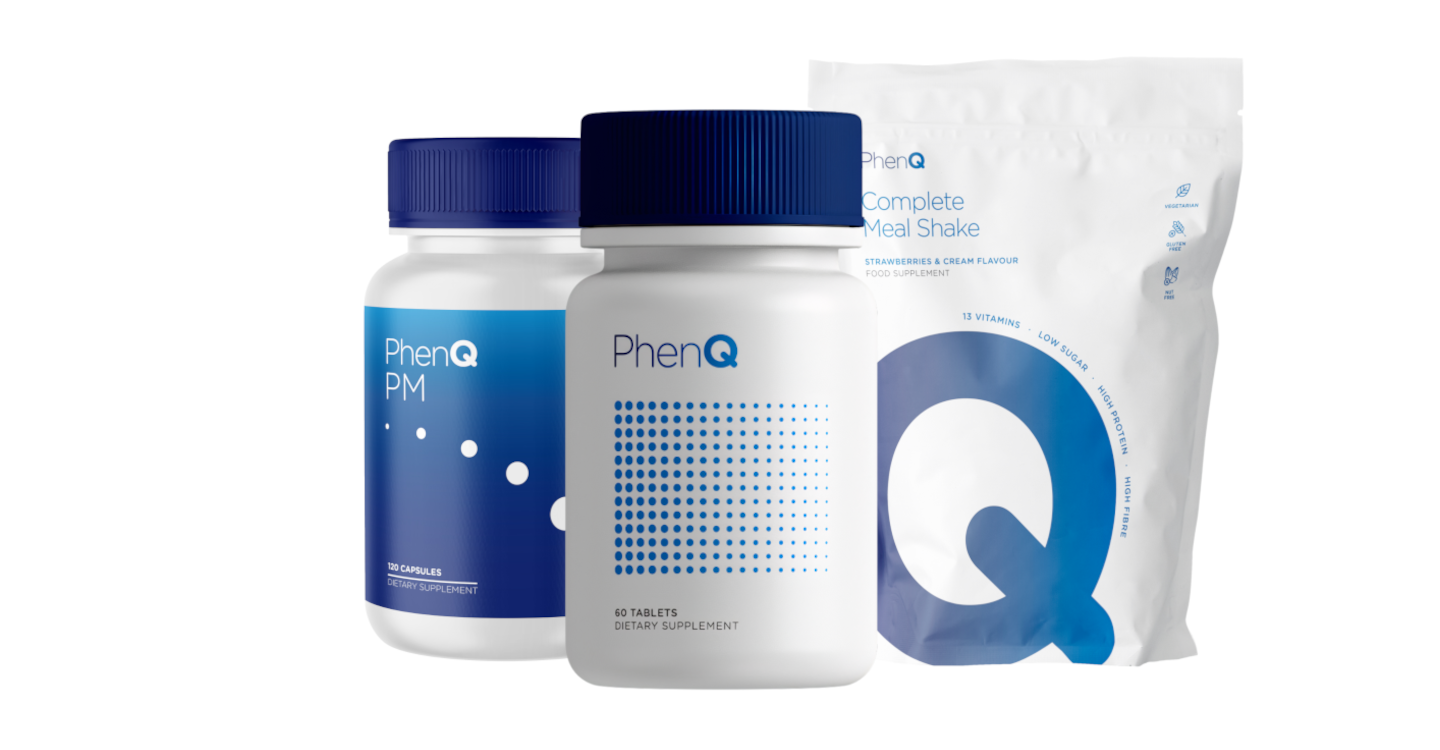When losing weight, we’re always on the lookout for that ‘magic bullet’ to help us reach our goals faster, even though it’s not always in the best interests of our overall health.
Recently an older drug, Naltrexone, has hit the weight loss headlines. Low dose Naltrexone, or ‘LDN’, is often touted as a possible miracle cure for people looking to peel off the pounds quickly, but the question remains; is it safe?
What is Naltrexone?
Naltrexone, sold under the brand names ReVia and Vivitrol, is a chemical which was initially approved by the FDA for the treatment of heroin addiction in 1984. This was followed by its approval as a treatment for alcohol abuse in 1995. It’s still commonly prescribed for the management of opioid and alcohol dependence to this day. For this kind of usage, the typical dosage is 25-100 mg/day.
But that’s not all Naltrexone has been shown to be good for. In more recent times, it’s frequently been subscribed by doctors as an ‘off-label’ (not FDA approved) treatment for impulse control disorders. This helps to explain why Naltrexone has now been included at a low dose (8 mg per tablet) as an ingredient in the popular prescription weight loss drug, Contrave.
If you’re familiar with Contrave, you’ll know it’s been clinically proven to promote good weight loss results. However, it’s come to light that some people may find it possible to lose a considerable amount of weight from taking low dose Naltrexone alone.
Weight loss is a well known side effect of taking Naltrexone for any purpose. Often, the weight loss experienced as a result of taking Naltrexone is perceived as a favorable side effect. Almost like an unexpected ‘bonus’ for the drug therapy. But how does this happen? There are several theories:
1. Naltrexone blocks the ‘feel good’ pathway of the nervous system
There’s a complex messaging system within us that determines how we respond to pleasurable experiences such as food, sex, and drugs such as alcohol. Several neurotransmitters (including dopamine, cannabinoids, opioids and serotonin) as well as neuropeptides (such as orexin, leptin and ghrelin) are responsible for regulation of our food intake. These same factors are associated with the rewarding effects of food. Certain foods, particularly those rich in sugars and fat, are potent triggers within this pathway – leading to a vicious craving cycle that’s difficult to resist.
Even when we’re not hungry, these pathways are active. Thousands of years ago, when food was often scarce, this internal mechanism helped to insure our survival. In modern times, when delicious food is plentiful however, it’s become an evolutionary liability!
Naltrexone acts as an opioid receptor antagonist which is thought to indirectly lessen the activation of pleasure and reward centers within the central nervous system. This results in a decrease in the pleasure and reward sensations associated with food consumption, even when that food is high in fats and sugars.
This combined with a decrease in ghrelin levels inevitably leads to a decrease in appetite. And naturally, a decrease in appetite will result in an overall lower caloric intake, followed by weight loss.
The effect varies for each individual, but on a very basic level, most people will lose weight as a side effect of taking Naltrexone, even at a low dose. While this may sound appealing, some of the other side effects won’t. Nausea, vomiting and diarrhea anyone?
2. Naltrexone may lead to better decision making when choosing food
The decision to choose food which offers ‘immediate gratification’ over a later reward is partly determined by a frontal portion of our brain called the orbitofrontal cortex (OFC). This ‘higher center’ decision process is often hindered in people with drug or alcohol addiction. It’s thought that their minds have somehow been ‘rewired’ to respond more strongly to impulsive, less deductive lower brain impulses.
Naltrexone is thought to boost activation in the OFC during decision-making tasks. This may help an individual to resist the temptation of alcohol, drugs, or that gooey chocolate cake in the office break room.
3. Naltrexone may directly contribute to weight loss
In some studies, Naltrexone has been associated with a decrease in basal, or baseline insulin levels. Insulin is our primary ‘anabolic’ or storage hormone. In other words, high levels lead to weight gain. A decrease in the insulin level may, therefore, contribute directly to weight loss.
Naltrexone may also lead to a returned balance of our gut bacteria. Many studies have implicated gut bacteria imbalance with weight gain, and it’s been shown that thinner individuals generally have a more ‘balanced’ gut profile. Limited studies in people with bacterial gut overgrowth have suggested that Naltrexone treatment is associated with a ‘return to balance’, which may contribute to weight loss.
Where to get Naltrexone
Naltrexone is a prescription-only medication in the USA, and you should only take it if your doctor is willing to prescribe it to you. Although it may be technically possible, it’s never a good idea to order drugs like these online.
Chances are, the drugs you receive may be counterfeit, and there’s even a possibility you may never receive them if customs seize your package. Even more importantly, you may be putting your health at risk if you don’t check with your doctor whether the drug is suitable for you first.
Assuming you go down the correct route to obtain Naltrexone, the potential side effects of this drug still need to be considered before you take the plunge.
Bear in mind that the common side effects of Naltrexone include:
- Nausea
- Headache
- Vomiting
- Constipation
- Dizziness
- Increased blood pressure
- Anxiety
- Insomnia
These side effects have been noted even at low doses, which is why many doctors are reluctant to prescribe Naltrexone for weight loss purposes.
Check also: Do Lipotropic Injections Work? Results and Side Effects
Safe alternatives to Naltrexone for weight loss
As you can see, there are a number of concerns associated with the use of Naltrexone for weight loss. Although it may be effective in many people, the difficulty in obtaining it, plus the potential risks it carries for your health make it quite an unappealing weight loss drug to most people.
The mainstay of healthy weight loss is a balanced, lower calorie diet, rich in vegetables and lean protein and scant in sugar and calorie-rich fat. Proper exercise to promote caloric burn, along with muscle growth or maintenance, is also essential. But for many people, diet and exercise alone aren’t enough when faced with a lot of weight to lose.
It’s hardly any wonder then that people turn to drugs such as Naltrexone for support. But for the health conscious, a more gentle, natural alternative can be used.
Weight loss without the health risks
PhenQ is an all-natural weight loss supplement designed to mimic the effects of Naltrexone. It contains a patented blend of 7 herbal ingredients that have each been scientifically proven to induce weight loss.
PhenQ allows you to:
- Suppress your appetite to ensure you consume fewer calories
- Switch to burning stored fat due to the thermogenic properties of PhenQ’s ingredients
- Improve your mood and energy levels thanks to the addition of caffeine and a lighter frame!
Produced in the US and UK in GMP and FDA approved facilities, thousands of people have trusted and been amazed by the results they’ve achieved with PhenQ. But you don’t have to take our word for it. Take a look at these testimonials from PhenQ users.
Related Articles:




